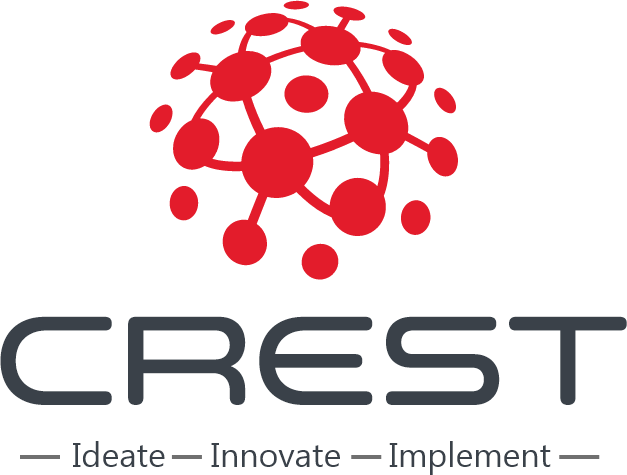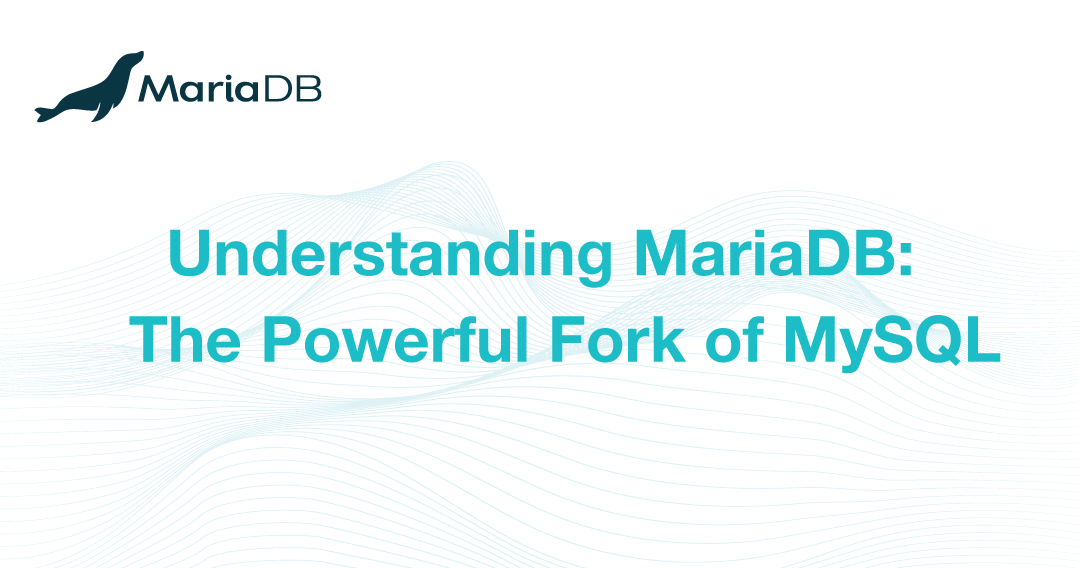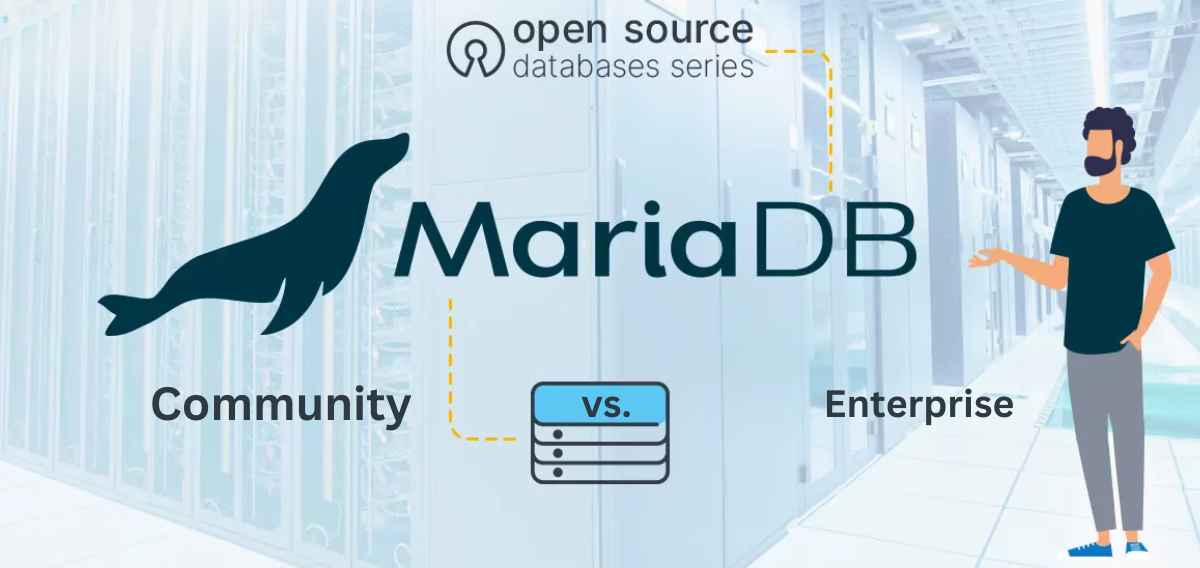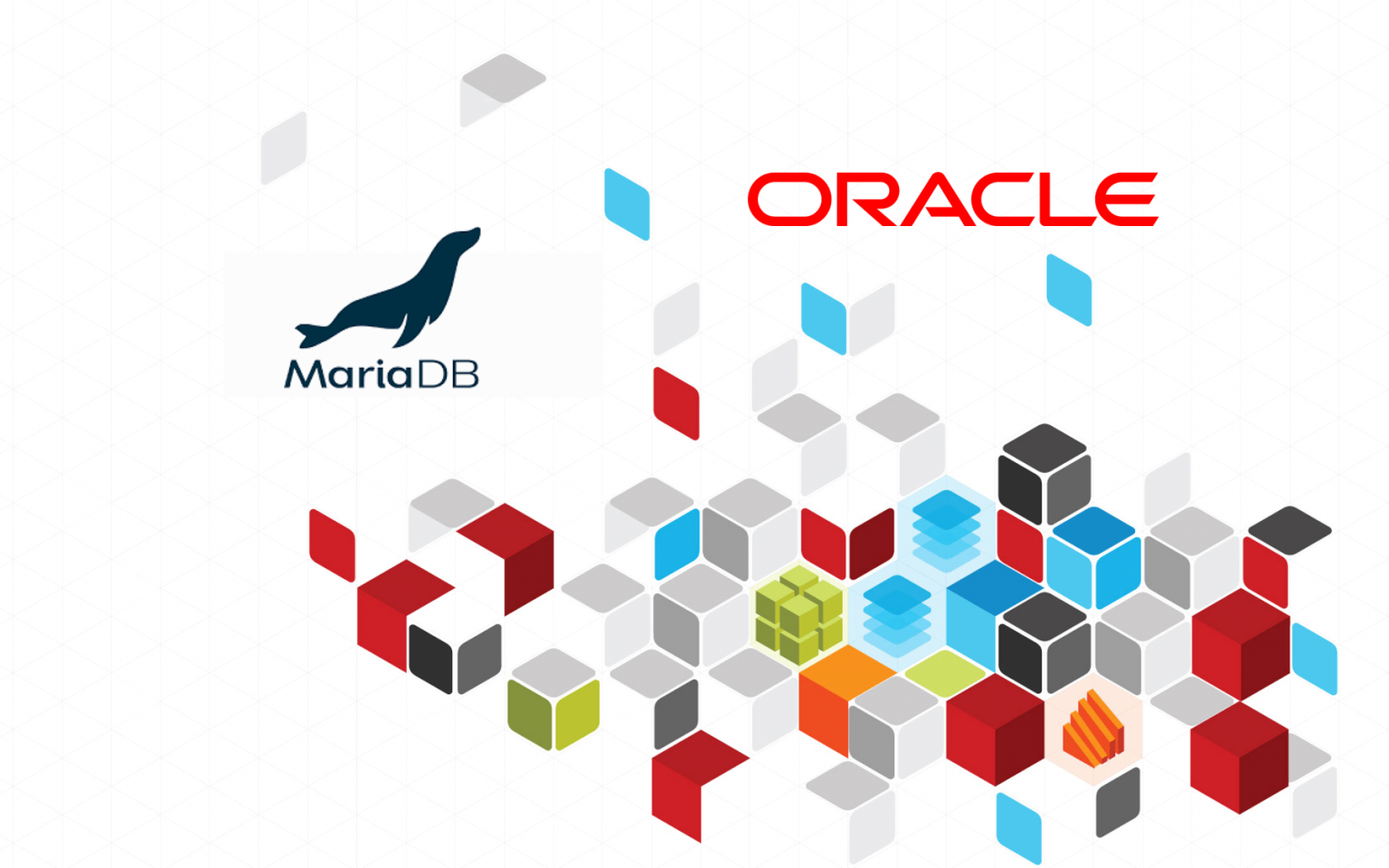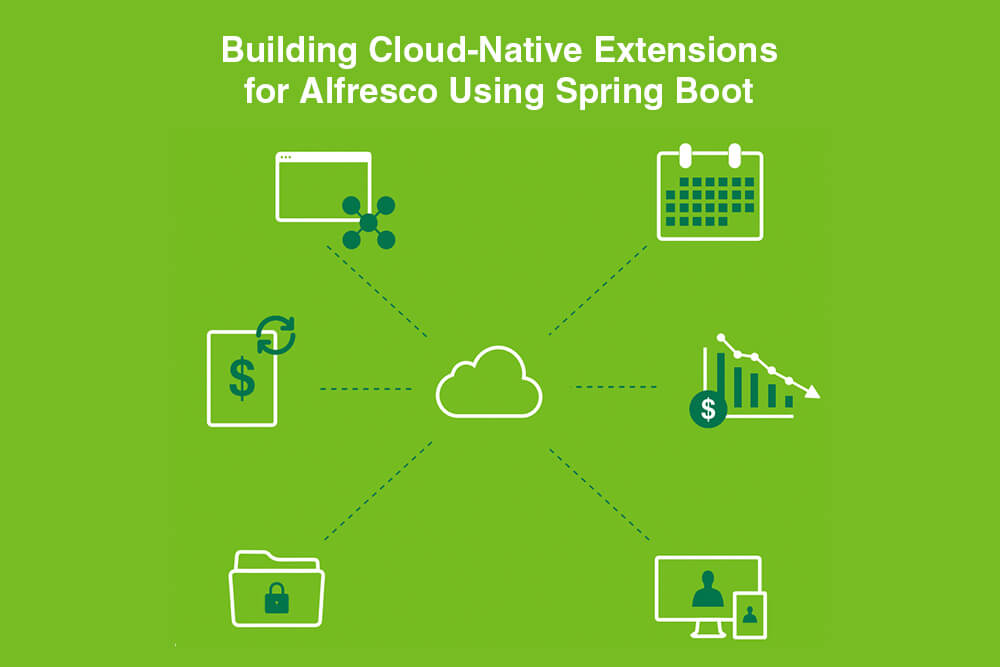Upgrading from Alfresco 5.x or 6.x to 7.1 – the process and benefits
Alfresco has grown to be a full-fledged Digital Business Platform over the years, with Alfresco Content Services (or ACS) offering full-featured Enterprise Content Management (ECM), Process Services (or APS based on Activiti) offering fully-featured Workflow and Business Process Management (BPM) platform and Governance Services (or AGS) offering DoD 5015.02 certified Records Management platform for organizations that require enterprise-grade scalability, performance, and 24×7 support for business-critical content, process and compliance.
Alfresco launched its first version 1.0 in October 2005 as Open-Source Content Management Software, and has since come a long way as getting recognized as Leader in Gartner Magic Quadrant for Content Services in 2020. The latest version of Alfresco Content Services (or ACS) 7.1 was launched in October 2021 and Alfresco Process Services (or APS) 2.1 in December 2021.
The latest versions of ACS and APS provide several bug-fixes, security patches and performance improvements, apart from new features and improved usability.
Why upgrade?
While it’s a standard industry practice to keep your systems updated with latest service packs to resolve bug-fixes and security patches, it becomes even more necessary to upgrade if existing version used in your organization is reaching at the end of maintenance.
Alfresco Content Services (or ACS) 5.x will reach end of maintenance by end of February 2022 and Process Services (or APS) 1.10 and 1.11 will be reach end of maintenance by October 2022 and March 2023 respectively.
The following tables provide more information on support period for various Alfresco versions.


Apart from full support by Alfresco/Hyland, the latest version also provides several benefits in terms of bug-fixes, security patches, new features and enhancements.
Alfresco Content Services:
- Underlying library upgrades for Spring (5.3.9) and Camel (3.7.4).
- Improved support for OpenJDK 11, RHEL 8, Tomcat 9.
- Support for Identity Service 1.2 for use with LDAP and SAML.
- NEW Enterprise Search engine based on Elasticsearch 7.x, for better analytics and reporting (Solr 6 is still supported and default search engine).
Alfresco Process Services:
- Underlying library upgrades, Spring framework upgraded from 4.x to 5, Spring boot upgraded from 1.x to 2 and Hibernate upgraded from 4.x to 5
- Workflow engine has been upgraded to Activiti 7.
- Improved support for OpenJDK 11, RHEL 7.7, Tomcat 9.
- Support for Identity Service 1.2 for use with LDAP and SAML.
Alfresco Upgrade process and checklist for success
Before performing an upgrade or applying a Service Pack, make sure you check the recommended upgrade path and the prerequisites checklist. As a part of upgrade, you need to validate and test to ensure that the Alfresco upgrade was successful.
Caution should be taken when upgrading from any previous releases of Content Services or Community Edition. There are some steps that should be reviewed and planned before you upgrade. Familiarize yourself with the guidance below and then plan your upgrade. In particular, ensure that the following steps are completed before you start:
- Perform Full Backup – Ensure that you have a functional backup of your Alfresco repository and database, before starting the upgrade process.
- Deprecated features – Review all new and deprecated features included in the Release Notes. Customers can access these from the Support Portal.
- Customization Compatibility check – Download and run the Alfresco Extension Inspector to understand which customization or library items need to be reviewed or updated to support the upgrade. If the custom modules packaged as AMP or JAR modules were developed using older version of SDK 3.x, 4.0 or 4.1, its recommended to upgrade the custom modules using Alfresco SDK 4.3.
- Architecture change or migrating to cloud – Some customers might be looking to make a transition from on-premise Alfresco deployment to private cloud such as AWS, Azure, Google or IBM. It’s recommended to evaluate the architectures changes, if you are exploring such possibility along side version upgrade and looking to change your content store from file system to S3 object storage, such as AWS S3 or MinIO S3 storage.
- Review the upgrade/migration plan – Review and implement the new Supported platforms options, and update as necessary for the new deployment. Also, check the general advice about Supported Platforms and Languages on our website.
The following diagram shows the upgrade path from Alfresco Content Services (or ACS) or Community Edition 5.x or 6.x to 7.1:

Conclusion:
Upgrading Alfresco Content Services (or ACS) and Alfresco Process Services (or APS) can be a fairly simple process, if you existing deployment is not heavily customized. Though caution should be exercised and a skilled and experienced team of consultants must carry out the version upgrade or migration, if the existing application has been integrated with third-party applications, includes complex customizations, especially scheduled jobs in ACS and form level custom JavaScript is used in existing APS.
Drop us a note, if you would like to know more / get a free assessment of your existing Alfresco deployment for version upgrade or migration. Our team can be reached at info@crestsolution.com
